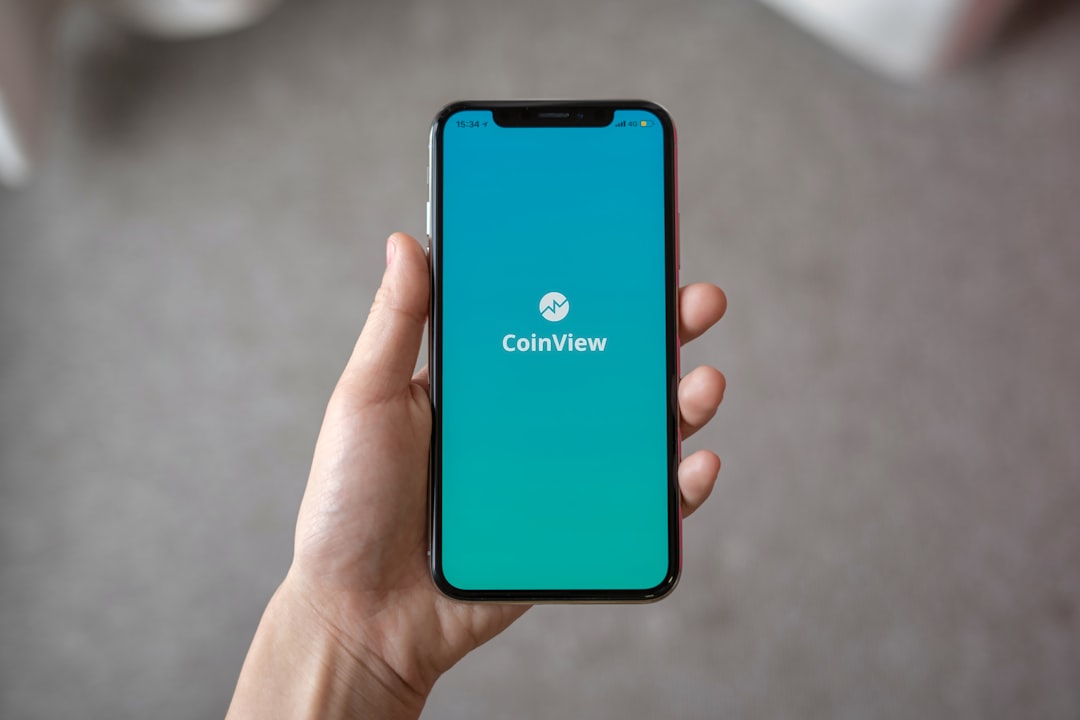Georgia's Spam Call Laws protect debtors from automated or prerecorded phone calls without consent, with penalties up to $500 per violation. Debtors have rights under these laws and the Fair Debt Collection Practices Act (FDCPA), which prohibits abusive tactics. If receiving spam calls, request contact details and written debt validation within 30 days; persistent calls may indicate a law violation. Consulting a Spam Call law firm in Georgia can help debtors understand their protections and take action against unfair collection practices to avoid legal pitfalls.
In Georgia, understanding your rights under the state’s stringent Spam Call laws is crucial for any debtor navigating debt collection. This guide highlights key legal protections, equipping you with knowledge to respond effectively to collection agencies. We delve into common mistakes debtors make and offer insights tailored to Georgia’s unique regulations. Empower yourself with this information from a leading Spam Call law firm in Georgia, ensuring compliance and peace of mind during challenging financial times.
Understanding Georgia's Spam Call Laws: Protecting Debtors from Unwanted Contact

In Georgia, the Spam Call Laws are designed to protect debtors from unwanted and harassing contact from creditors or debt collectors. These laws are part of a broader effort to ensure fair and ethical collection practices. Under the Georgia Spam Call law firm, it is illegal for any person or entity to make telephone calls using an automatic dialing system or prerecorded messages to a consumer with certain pre-recorded or automated voice systems without the prior express consent of the debtor.
Violation of these laws can result in significant penalties, including actual damages, statutory damages up to $500 per violation, and attorney fees. Debtors have rights under Georgia law, and it’s crucial for them to understand these protections. Consulting with a reputable Spam Call law firm in Georgia can help debtors navigate their rights and take action against unfair or harassing collection practices.
Your Rights as a Georgia Debtor: Know How to Respond to Collection Agencies

As a debtor in Georgia, you have specific rights and protections guaranteed by state laws. One common struggle many debtors face is dealing with persistent collection agency calls, often in the form of spam calls from law firms. Understanding your rights here is crucial. According to Georgia’s Fair Debt Collection Practices Act (FDCPA), collection agencies must refrain from using abusive, unfair, or deceptive means when trying to collect a debt. This includes making harassing phone calls, using false or misleading information, and failing to verify the debt with you.
If you receive spam calls from law firms or other collection agencies, it’s essential to know how to respond. First, don’t engage with the callers; instead, request their contact information and a written validation of the debt. You have the right to dispute the debt within 30 days of receiving this information. Additionally, if the calls persist despite your requests for cessation, document each incident and consult with a reputable Georgia law firm specializing in debt collection issues to explore your legal options, including potential actions against violators under Georgia’s Spam Call laws.
Common Mistakes Debtors Make: Avoiding Legal Pitfalls in the Peach State

In Georgia, like many states, debtors often fall into common pitfalls due to a lack of legal understanding. One of the most pervasive mistakes is ignoring spam call laws, which can lead to additional stress and financial burden. Many individuals, desperate for solutions, turn to untrustworthy law firms preying on their distress, potentially causing more harm than good. It’s crucial to know your rights and how to navigate debt collection practices ethically.
Another frequent error is failing to educate oneself about local laws that protect debtors. Georgia has specific regulations regarding fair debt collection practices, but these can be easily overlooked. Debtors may unknowingly sign agreements with unfavorable terms or miss deadlines set by the law, giving unscrupulous creditors an upper hand. Staying informed and seeking guidance from reputable legal sources, such as a trusted Georgia spam call law firm, is essential to avoid these legal pitfall






